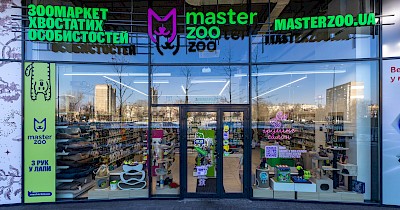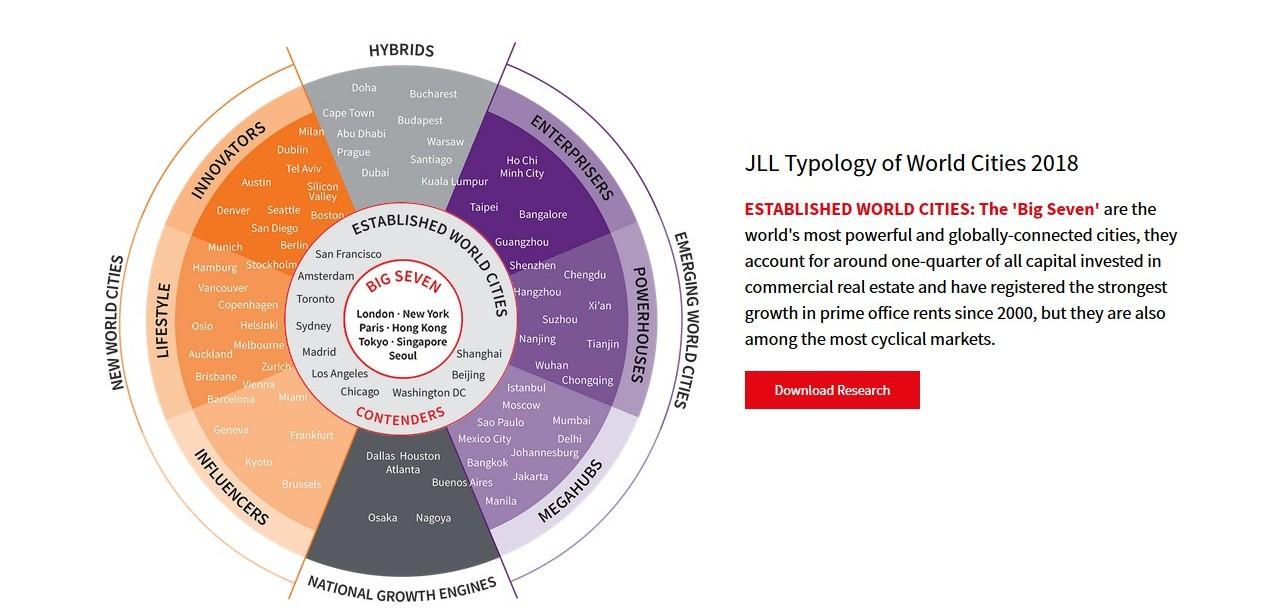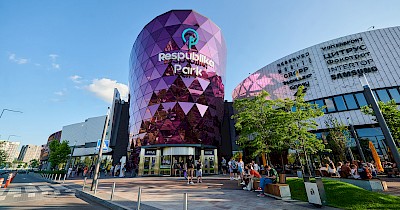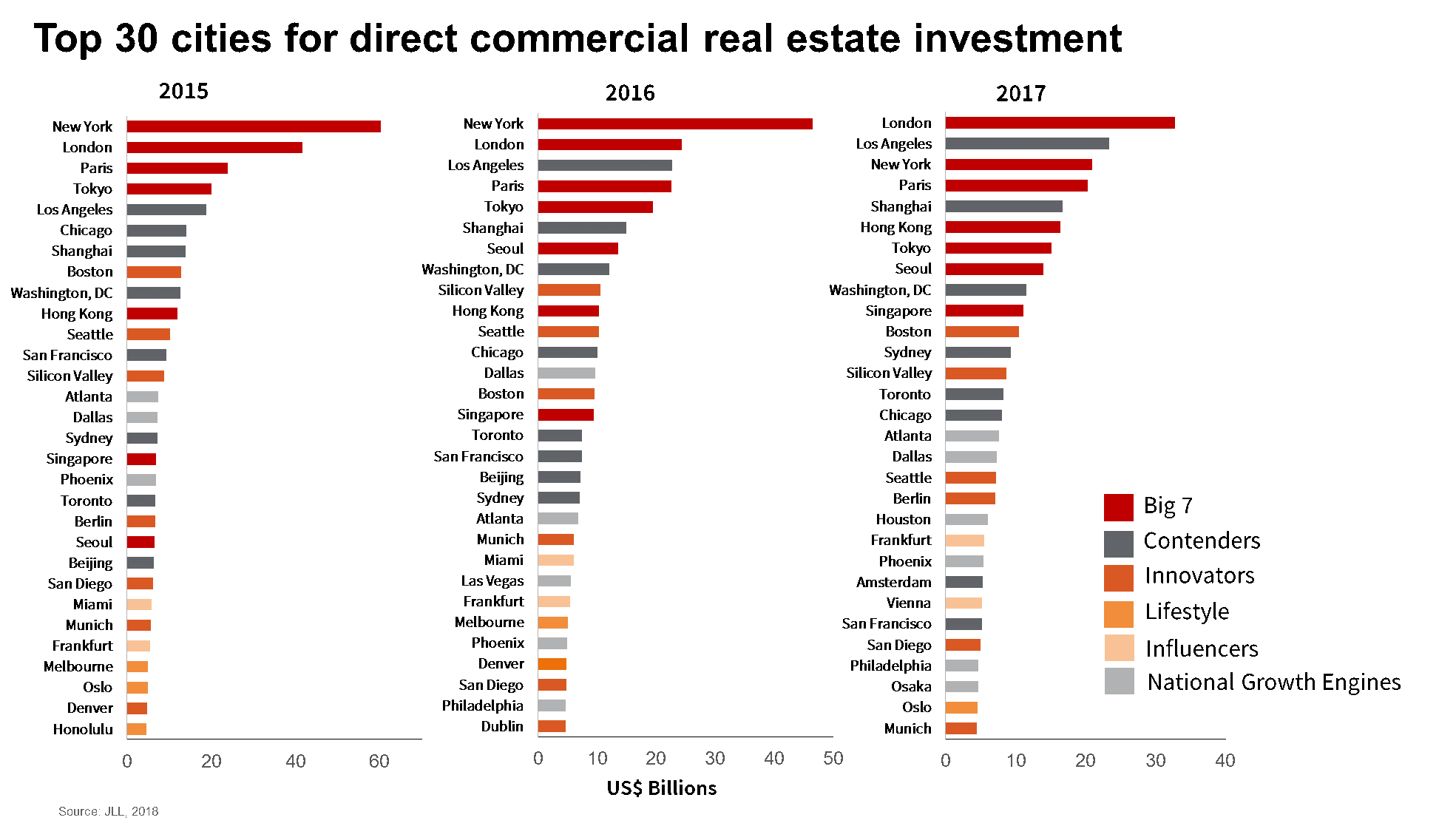

London tops global real estate investment despite Brexit uncertainty
Commercial real estate remains resilient in the face of geopolitical tensions
- Los Angeles rises to second place for commercial real estate investment
- Gap closing between ‘Big Seven’ and the chasing pack – Shanghai, Sydney and Amsterdam surging
- Investors still cautious of cities in ‘Emerging’ economies, which struggle to reach Top 30 global rankings
DAVOS, Switzerland, Jan. 26, 2018 – London ranked as the top city for global real estate investment in 2017 according to research published by JLL (NYSE:JLL), indicating Brexit uncertainty didn’t hamstring real estate investment as had been feared.
The figures highlight investment in London increased by 35% from 2016 to US$33 billion in 2017, while Los Angeles shifted up to second place in the Top 30 with US$23 billion invested and New York moved into third place with US$21 billion.
The latest JLL data shows resilience in the global real estate market, despite geopolitical uncertainty. Transaction volumes reached close to US$700 billion for the full-year 2017, exceeding the robust levels of 2016.
Investment activity is poised to continue its strong performance, with the weight of capital seeking to access the sector still significant and investors actively looking for new ways to deploy funds.
Richard Bloxam, Global Head of Capital Markets at JLL said: “It may come as a surprise that the London commercial real estate market has stood firm in the first full year after the UK’s decision to leave the European Union. 2018 will see a number of key decisions during the negotiations and will give us a much clearer picture of what the post-Brexit future will look like.”
Expectations for 2018
Even with an expanding amount of capital targeting real estate, JLL projects that real estate investment volumes will be 5-10% lower in 2018 as the challenges of finding available assets to purchase, combined with continuing investor discipline, are likely to constrain growth in volumes. This evolution in capital markets will accelerate the drive for investors to consider new strategies with a greater focus on entity-level deals, recapitalisations, refinancing and broader debt strategies, as well as a wider investment universe of real estate sectors and cities.
- The gap will continue to close between the leading cities (the Big Seven) attracting around a quarter of the world’s investment flows over the past three years, led by London and New York, and the next tier (the Contenders), such as Amsterdam, Los Angeles, San Francisco, Shanghai, Sydney and Toronto which are rising to compete with elite cities for capital and businesses.
- Established locations which are hubs for science and technology industries (Innovators), like Berlin, Boston and Seattle, will continue to strengthen their status as investment destinations.
- With value increasingly difficult to find at this stage in the extended investment cycle, we could see more ‘Lifestyle’ cities enter the Top 30 such as Vancouver, Brisbane and Oslo.
- Despite a widening investment universe and strong growth prospects, many ‘Emerging’ cities like Mexico City, Moscow, Manila and Mumbai need to further improve their real estate transparency to increase their attractiveness to investors, who will otherwise continue to gravitate towards cities in more mature and transparent markets.
Big Seven Cities Dominate
The global investment landscape continues to be dominated by the Big Seven cities – an elite group of the world’s most globalised and competitive cities – which include London, New York, Tokyo, Paris, Singapore, Hong Kong and Seoul; all seven were featured among the Global Top 10 in 2017.
The data reveals a power shift between two of the Big Seven – London and New York – and Contender Los Angeles. London took the top position as the world’s most traded city with investment volumes rebounding by 35% from 2016 lows, supported by significant activity by cross-border purchasers, in particular from Hong Kong, the U.S. and Germany. The Asian members of the Big Seven also saw investment activity increase in 2017, with major transactions by offshore investors contributing to double-digit growth in Hong Kong, Singapore and Tokyo.
Contenders Closing the Gap
Despite dominance at the top of the rankings, the overall share of global investment accounted for by the Big Seven fell to 19% in 2017, its lowest level since 2006. A lack of product and high pricing for prime assets in this group has contributed to strong investor demand in a second tier of Contenders – cities with many of the gateway functions, scale and assets of the top group, pushing to join the established elite.
In true Contender style, Los Angeles has displaced New York in the 2017 global rankings, climbing into second place, and Amsterdam saw investment volumes nearly double in 2017. Other Contenders such as Sydney, Shanghai and Toronto also saw higher levels of activity, with Shanghai registering its strongest year on record.

City Clustering Methodology
The typology is informed by over 300 global indices and benchmarks that assess the relative performance of cities including finance and business activity, investment profile, demographic diversity, innovation, infrastructure, global reach, quality of life, culture, governance and institutional framework. Other factors include core analysis of city size, GDP per capita, growth rates, industrial structure, position within the national and continental ‘system’ of cities and in-depth experience working with hundreds of city governments and leadership teams in the development of city and metropolitan strategies.
For full details download the World Cities: Mapping the Pathways to Success at: http://www.jll.com/cities-research/Cities/benchmarking-and-indices.
To learn more about cities and real estate, visit www.jll.com/cities-research.
About JLL. JLL (NYSE: JLL) is a leading professional services firm that specializes in real estate and investment management. A Fortune 500 company, JLL helps real estate owners, occupiers and investors achieve their business ambitions. In 2016, JLL had revenue of $6.8 billion and fee revenue of $5.8 billion and, on behalf of clients, managed 4.4 billion square feet, or 409 million square meters, and completed sales acquisitions and finance transactions of approximately $145 billion. At the end of the third quarter of 2017, JLL had nearly 300 corporate offices, operations in over 80 countries and a global workforce of over 80,000. As of September 30, 2017, LaSalle Investment Management had $59.0 billion of real estate under asset management. JLL is the brand name, and a registered trademark, of Jones Lang LaSalle Incorporated. For further information, visit www.jll.com.
Read more –
Read also


Respublika Park Leads Kyiv Shopping Malls in Tax Payments






